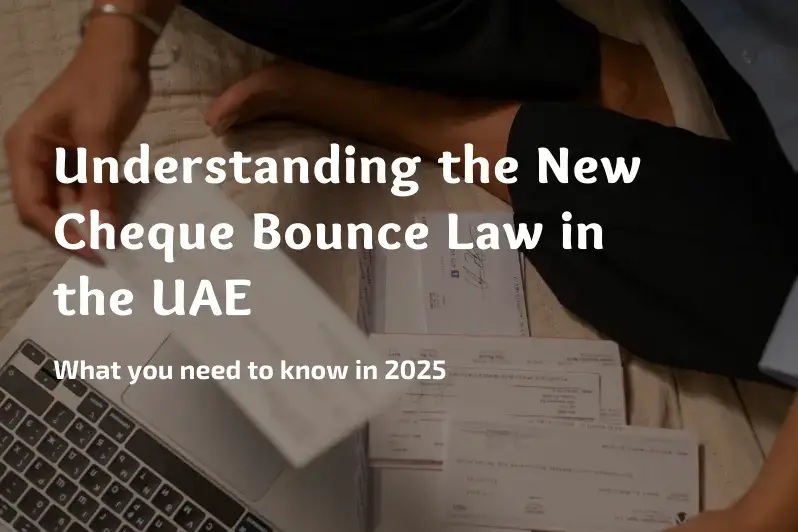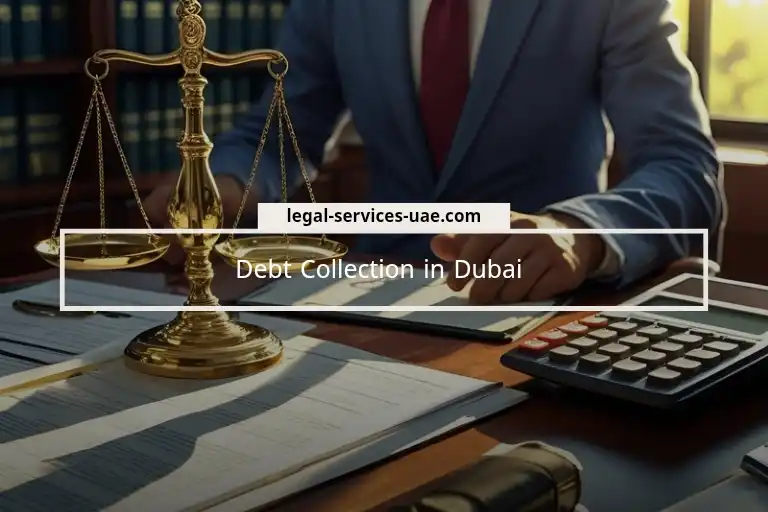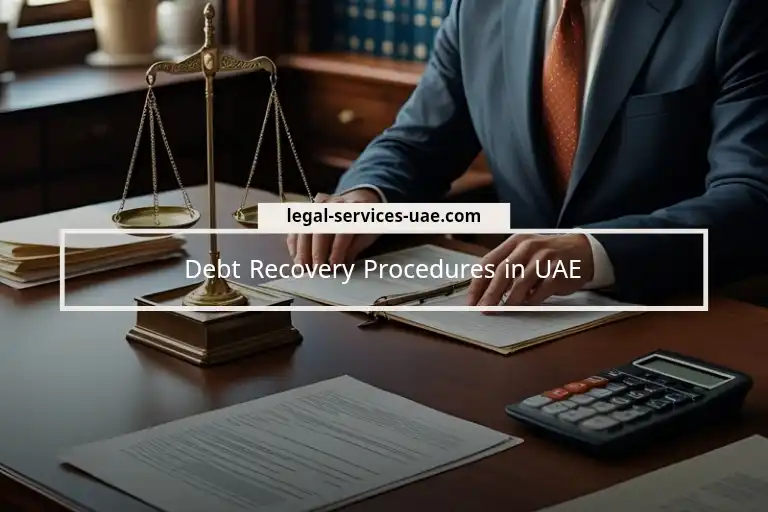Mr. Ahmed, a small business owner in Dubai, issued a cheque to a supplier expecting incoming payments to cover it. Unfortunately, a delay in receivables led to a bounced cheque and legal consequences. Under previous laws, Ahmed might have faced criminal charges. But the new cheque bounce law in UAE 2025 offers a revised approach focusing on civil remedies and financial accountability rather than imprisonment.
If you’re facing a bounced cheque in UAE, our legal team is ready to advise you and defend your interests.
To speak directly with an attorney, click the WhatsApp button at the bottom of the screen
فهرس المقال
Overview of the New Cheque Bounce Law
The UAE’s legal reforms decriminalized the act of issuing a cheque without sufficient funds, shifting the focus from criminal penalties to civil remedies. This change is part of broader efforts to modernize the financial legal system and encourage economic growth.
Key Provisions: What Has Changed?
The New Cheque Bounce Law in the UAE, introduced in 2022, brings significant changes to how bounced cheques are handled, here’s the Key Provisions of the Law:
| Aspect | Before 2022 | After 2022 |
|---|---|---|
| Criminal Penalty | Yes (imprisonment, fines) | No (civil enforcement, except fraud cases) |
| Partial Cheque Payments | Not mandatory | Bank must release partial funds |
| Execution Without Lawsuit | Not allowed | Cheque = legal instrument to file directly |
| Bank’s Role in Disputes | Passive | Proactive (return memo, payment compliance) |
| Fraudulent Cheques | Criminal | Still criminal under UAE Penal Code |
Implications for Individuals and Businesses
The cheque execution case in UAE is now a powerful tool for beneficiaries. Issuers of a bounce cheque in UAE may face direct enforcement without lengthy trials.
Key Impacts:
- Civil Action Instead of Criminal:
Issuing a cheque without funds is a civil liability unless proven to be issued in bad faith or fraud. - Cheque as Execution Instrument:
As per Article 667 bis of the UAE Commercial Transactions Law, a returned cheque can now be used to initiate civil execution proceedings directly through the courts. - Bank’s Obligation:
Banks must issue a return memo and disburse any partial funds available. This prevents total loss and enables faster civil collection. - Reputational Risks:
Though no longer criminal in most cases, unpaid cheques can still harm business credit ratings and reputation, particularly when noted in execution courts.
How to File a Cheque Execution Case in UAE
If you’ve received a bounced cheque UAE, you can take the following legal steps under the 2025 rules:
Collect Return Memo:
The bank provides a formal statement that the cheque was returned due to insufficient funds.Submit Execution File:
File the returned cheque and memo to the execution court using the UAE’s Civil Procedures Law.- Initiate Enforcement:
The court can impose swift recovery actions such as:- Seizure of bank accounts
- Salary garnishment
- Travel bans
- Asset freezes
- Avoiding Delays: Since criminal trials are no longer required, this process can recover funds within weeks, not months.
If you find yourself in a similar situation, we encourage you to contact our office by clicking the WhatsApp button located at the bottom of the screen for professional legal assistance.
Validity of Cheque in UAE: Duration and Legal Window
Understanding the cheque validity in UAE helps both issuers and beneficiaries take timely legal action.
- Cheque Validity: 6 months from the date on the cheque.
- Expired Cheques: After 6 months, a cheque is considered “stale” and cannot be used for banking or legal claims.
- Multiple Presentations: You can present a cheque multiple times within its validity period if initial payment fails.
How Our Law Firm Can Assist You
Our office provides comprehensive legal support for cheque disputes under the UAE’s new civil framework:
- Legal Consultations:
Assess your exposure or legal remedies in a bounced cheque UAE situation. - Filing Execution Cases:
We prepare and file the case with courts, handle follow-ups, and represent you in all proceedings. - Negotiation & Settlement:
Engage with the opposing party to secure out-of-court resolutions where feasible. - Business Risk Advisory:
Advise companies on cheque management, contract clauses, and preventive strategies
For expert legal support, please contact our office by clicking the WhatsApp button located at the bottom of the screen.
Frequently Asked Questions (FAQs)
The new cheque bounce law in UAE 2025 represents a vital shift in promoting financial responsibility and civil enforcement. Whether you are a creditor seeking recovery or a cheque issuer facing financial hardship, understanding the new rules can protect your rights and minimize legal exposure.
Our law firm stands ready to guide you through cheque-related matters—from filing execution claims to negotiating settlements.
To request expert legal support, click the WhatsApp button at the bottom of the screen and speak directly with one of our attorneys.
Read more:
Commercial Litigation Attorney in Dubai.
Was this helpful?
Specialized Legal Content Writer, possessing deep legal knowledge and exceptional ability to demystify legislation and analyze judicial developments. He delivers clear, precise content that helps you understand your legal rights and obligations while empowering you to make informed decisions across diverse legal domains. Working within our expert legal team, he ensures credibility and trustworthiness in every piece of content.




